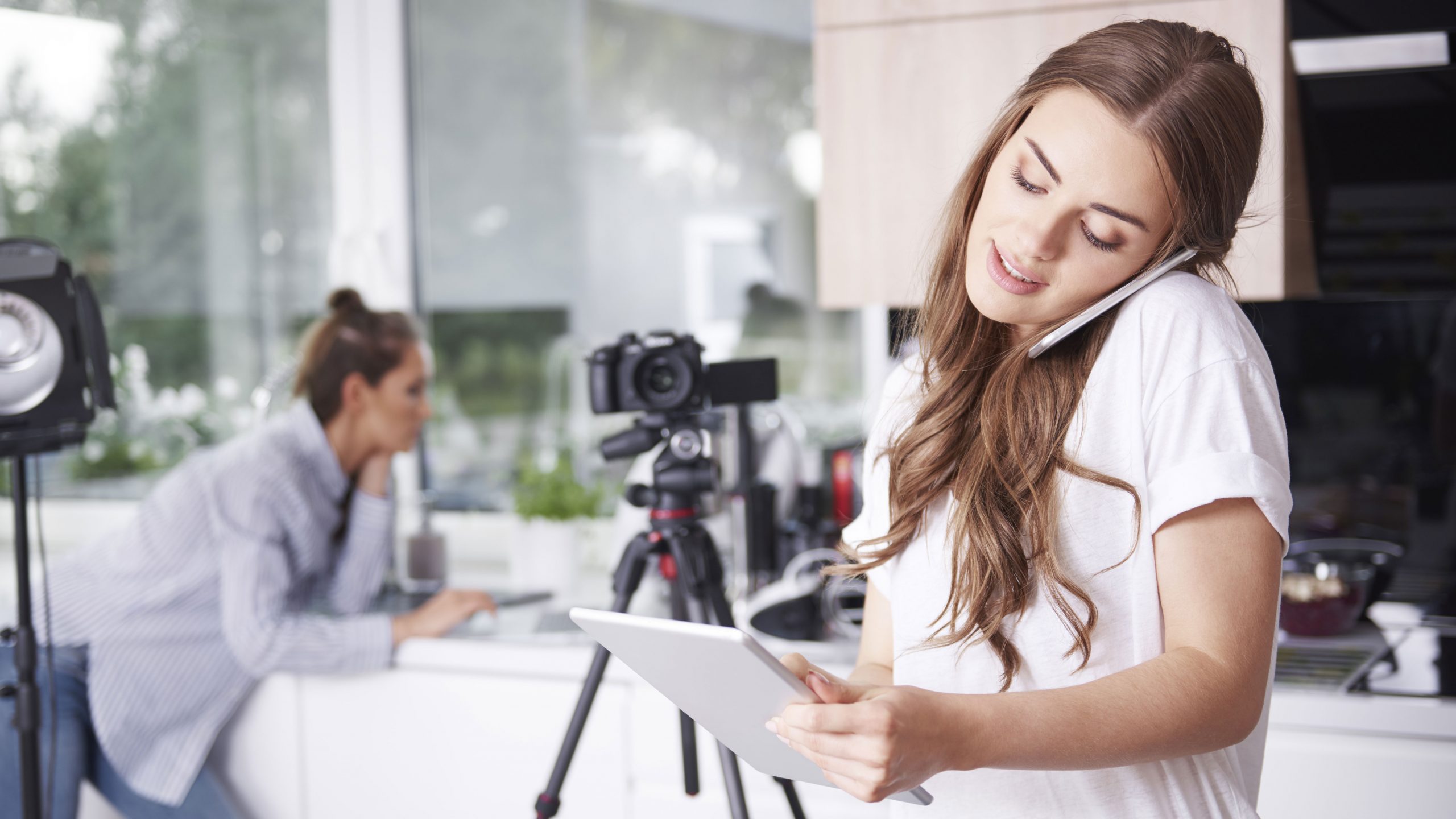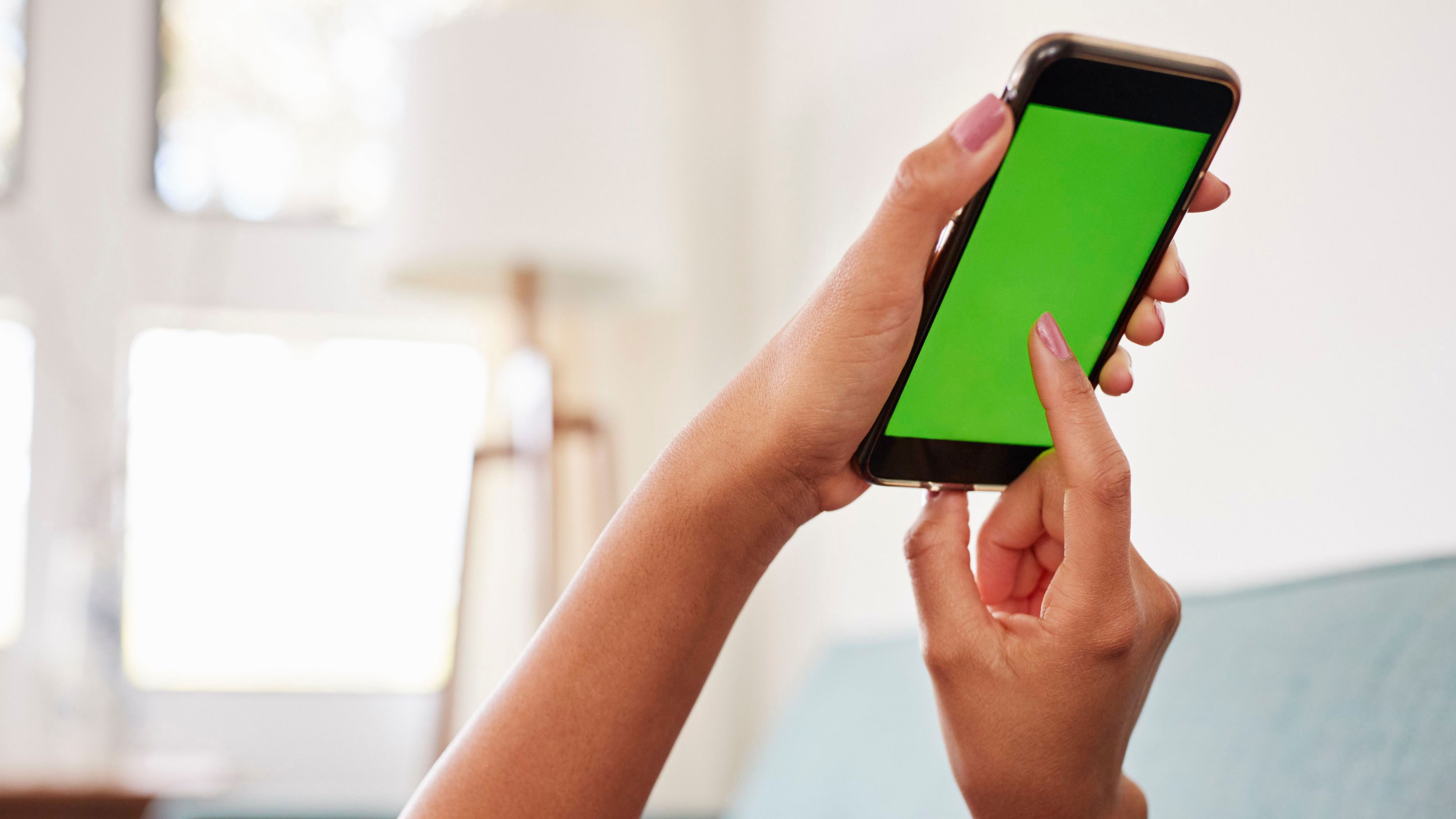Multitasking is bad for you! Why you need to stop multitasking right now

We women pride ourselves on our ability to juggle. It’s what we do.
We’ve honed our multitasking muscles through years, if not decades, of keeping all those balls in the air. When was the last time you cooked dinner without breaking off to check on your children’s homework? Even when we’re relaxing with an episode of our favourite TV show we use this moment of downtime to catch up on social media. It’s all water off a duck’s back to us, this constant flipping back and forth.
But at what cost?
We’ve been led to believe that juggling is the most efficient – if not only – way to manage the multiple strands of our lives. But experts are now claiming that, far from being the ultimate weapon in the arsenal of the overstretched, multitasking is not only adding to our anxiety but is actually making us less efficient.
MORE:Yoga weekends: the best yoga retreats in the UK
“Multitasking is exhausting,” says psychologist Tony Crabbe. “In reality we’re not doing several things at once, but switching rapidly between tasks, which uses up brainpower. When we race from task to task we don’t do things as well, or efficiently.” This is backed by research by Michigan University, which suggests that jumping between just two tasks increases the time it takes to complete both by 40%. Researchers at Stanford University compared people who multitasked a lot to those who finished tasks one after the other. The result? The heavy multitaskers were more easily distracted.
So how else should we manage this constant need to be “on”?

Work on doing nothing
How often do you sit and stare out of a window? Or stand in a supermarket queue without scrolling through your emails? It was probably around the time you got your first smartphone. And though we might think we’re being efficient by using every last moment of downtime, in fact we’re depriving ourselves of essential mind-wandering, daydreaming moments, when our brain is at its most creative. Researchers from the University of Southern California argue that downtime is essential for the brain to absorb what it has learned, to sift through problems and help plan future actions. So switch off that smartphone and do something less interesting instead.
✢ Do It!
Sign up to our free daily email for the latest royal and entertainment news, interesting opinion, expert advice on styling and beauty trends, and no-nonsense guides to the health and wellness questions you want answered.
Go for a walk and allow your mind to wander, or do the housework without the TV on in the background – repetitive activities are another excellent opportunity for daydreaming.

Put your phone away
There are sound reasons for hiding our phones when we need to concentrate. Most people know how tempting it is to avoid the task in hand by checking a Twitter feed or reading a text. More seriously, research shows that when we go back to our task again, we’re more likely to make a mistake. A scary thought when you think how easy it is to scan a text while driving. If it’s important to check your emails, set aside two or three periods a day to do so, rather than responding the moment they land in your inbox.
Phones can also have a negative impact on the quality of our conversation and relationships. “You’ve only got to look around the average restaurant and see all the people glancing at their phones, instead of giving their full attention to the people they are with,” says Crabbe. There’s even a name for it: “phubbing” or snubbing someone with your phone. Although it might seem harmless, a recent study found that it makes conversation less satisfying, leaves people feeling excluded and affects their self-esteem.
To avoid phubbing, create a family routine with windows of phone-free time. If a blanket phone blackout would be the prelude to World War Three in your house, opt for a softer policy of no phones at the table and/or no phones after a certain hour, say 8 or 9pm, or before school.
✢ Do it!
Keep your phone out of sight in your bag when you meet friends. And if you’re on the receiving end of phubbing, try saying: “Am I not enough for you?” They’ll soon get the message. w&h
Write it down
“If you call your mum while you’re cooking, then dash off to fill the washing machine or stop to feed the cat, your brain is full of these different activities and, as you move from one to the next, it gets dumber and slower,” explains Crabbe. “To speed things up we need to get better at transitioning.” As soon as you get off the phone to your mum, jot down what you need to do as a result of the call, whether that’s sending a list of present suggestions for your kids, or the date for her next visit. Make a note in your diary or even on your phone. This “brain dumping” clears the slate so that you have more attention to give to the next task.
✢ Do It!
Check over lists regularly. Spend 20 minutes reviewing and updating your notes each week. Be specific about the next action, as vague reminders will only add to your anxiety.
Make a task more difficult
One of the reasons multitasking is so tempting is not because we’re breaking off to do something that’s more important or urgent – checking Facebook is rarely urgent – but because we find the task we’re doing dull so our brain starts searching for some other entertainment. But if we can stay focused on the task in hand, we’ll enter a “flow” state – this is when we start to feel calm and deeply happy. “Time flies in this state – it’s like being ‘in the zone’ in sport,” says Crabbe.
So how do we go from mindlessly flicking through TV channels while folding the laundry to reaching peak “flow”? The trick is to make the prime task more difficult – and therefore more interesting. So, for example, if you’re bathing your child, use this time to tell them a story. Or when you’re folding the laundry you could set yourself a challenge of folding 30 items in five minutes. Make sure you allocate enough time to do each task properly, and finish before you start something new. Then you can bask in the satisfaction of completing one job really well.
✢ Do It!
Make a list of the activities you “sleepwalk” through, whether that’s driving to work or eating meals, and commit to doing these things with intention.